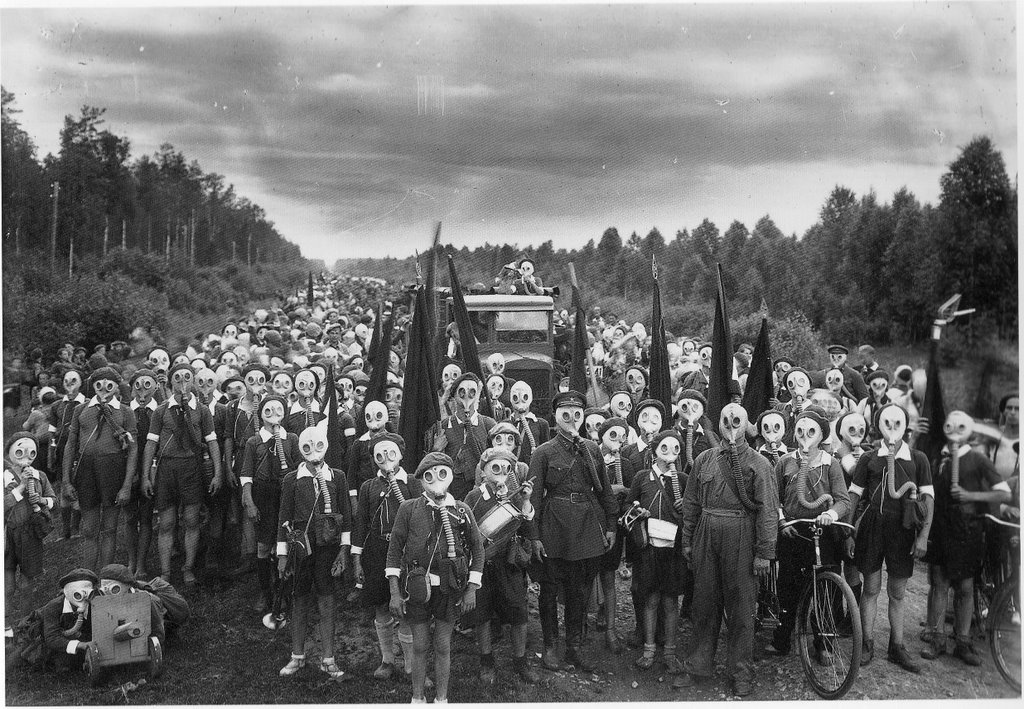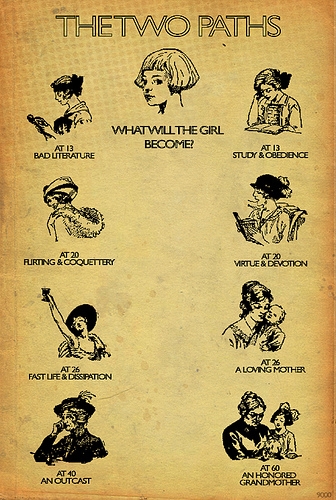Emily L. sent in a link to the t-shirt below. It was made by students at Houston’s Memorial High (go, Mustangs!) for the yearly football game against their rival, Stratford. It nicely reveals how sex and domination are conflated in American society. On the shirt, “beating” Stratford at football is conflated with “fucking” them. As the text says: “F’n Spartans Up Since 1962”:

As I’ve discussed elsewhere, it should be really troubling to us all that “fuck” has the double meaning that it does.
More conflations of sex and power here, here, here, here, here, here, here, here, here, and here.
Borrowed from Jezebel.
—————————
Lisa Wade is a professor of sociology at Occidental College. You can follow her on Twitter and Facebook.
Lisa Wade, PhD is an Associate Professor at Tulane University. She is the author of American Hookup, a book about college sexual culture; a textbook about gender; and a forthcoming introductory text: Terrible Magnificent Sociology. You can follow her on Twitter and Instagram.




